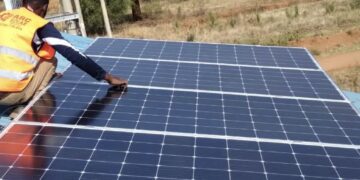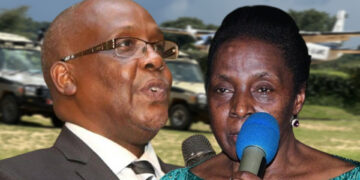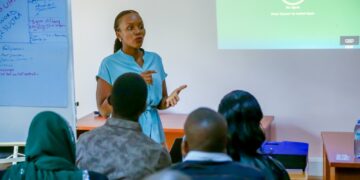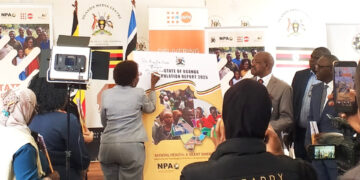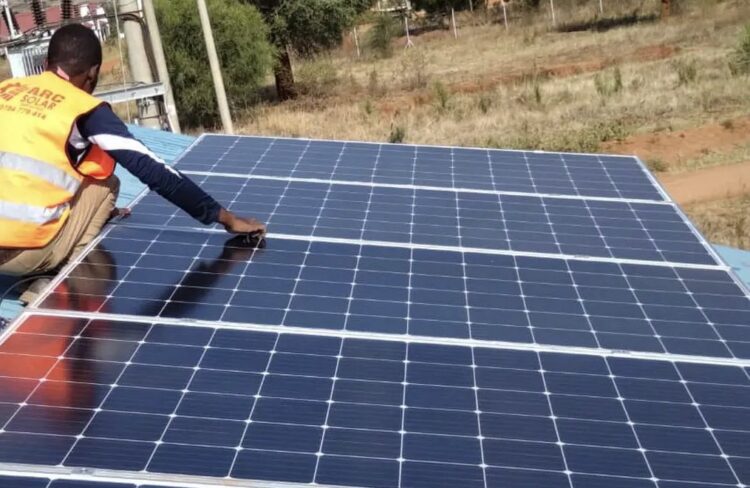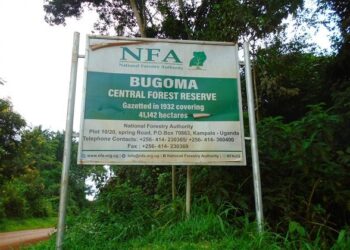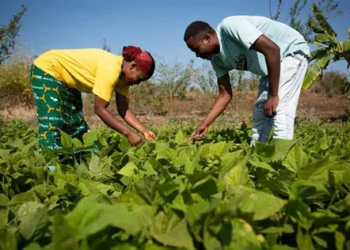OPINION
For several years, carbon markets projects in Uganda have been operating in a shadow but last week on June 9th 2025, Uganda took a bold step to unveil regulations that will be governing carbon markets projects and investors as well. It was reported that these regulations aim to ensure that the local communities benefit from the carbon markets as well as transparency, accountability and equitable benefit sharing.
While local communities are at the center of these unveiled regulations, how can this be realized to ensure that the carbon markets are benefiting these communities other than being mere words;
To begin with, community education engagement could be one way for ensuring that local communities benefit from carbon markets. Communities should be trained about their rights and how these carbon market projects are likely to affect their livelihood.
 This is because a few people in Uganda know how carbon trading operates and neither do they know anything about benefit sharing mechanisms and project approval processes. This would enable communities to be active stakeholders in climate initiatives other than being passive beneficiaries hence fostering local leadership.
This is because a few people in Uganda know how carbon trading operates and neither do they know anything about benefit sharing mechanisms and project approval processes. This would enable communities to be active stakeholders in climate initiatives other than being passive beneficiaries hence fostering local leadership.
Furthermore, transparent revenue sharing modules should be invented to ensure that the profits made from carbon trading and projects are re-invested in the local communities. This could be done by supporting grassroot youth initiatives, building schools, hospitals and clean water sources for host communities as well as giving free solar panels as a way of giving back to them. This would foster long term sustainability because when revenue is fairly distributed, communities remain engaged which leads to better project outcomes and long-term benefits.
More so, an independent oversight watchdog should be created to over watch the operations of both investors and projects as well as their relationships with local communities. This would help in boosting host communities trust by ensuring these projects deliver promised benefits and do not exploit land or resources unfairly.
Thus, an independent watchdog means that this body can make decisions on its own without any interference from any persons or any other body. This would make implementation of unveiled regulations easier and communities would benefit more while driving genuine environment progress.
Conclusively, the unveiled carbon markets regulations mark great move for Uganda but their effectiveness shall depend on their implementation, oversight and continued engagement with stakeholders. As Uganda positions itself as a regional leader in carbon trading, these regulations have a potential to attract global investment, empower communities and drive genuine climate action if well monitored.
By Phionah Ndyamuhaki,
Email: ndyamuhakiphionah3@gmail.com
